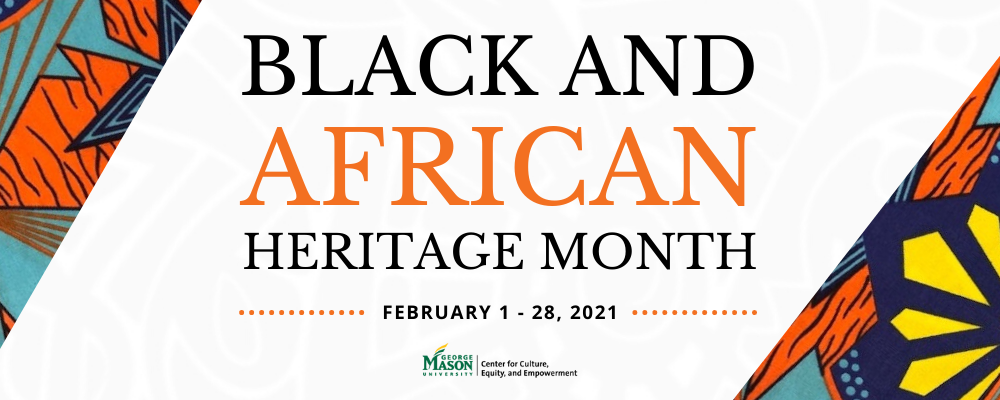On April 28, 2022, the Center for Culture, Equity, and Empowerment (CCEE) will be hosting the Black Excellence Gala and the LGBTQ+ Resources Center, along with the Women and Gender Studies Center, will be hosting the Lavender & Women and Gender Studies Graduation. Both events will be a time to celebrate and honor the accomplishments and hard work of our student communities who have been historically marginalized. We recognize and uplift that many of our students sit at the intersections of various identities such as Black and LGBTQ+ to name a few.
Recognizing that there is a time conflict between the two events, we want to acknowledge students at the intersections of these identities. CCEE, WGST, and the LGBTQ+ Resources Center honor and support our Queer and Trans Students of Color. Thus, we have prepared a few pathways for students to engage in either or both events on that day.
If you would like to attend both events please reach out to either:
- Dr. Tamara Washington from CCEE
- twashi3@gmu.edu
- Josh Kinchen from the LGBTQ+ Resources Center
- jkinchen@gmu.edu
- Dr. David Powers Corwin from WGST
- dcorwin@gmu.edu

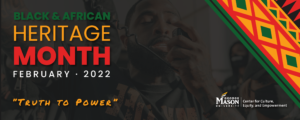
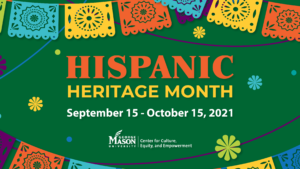
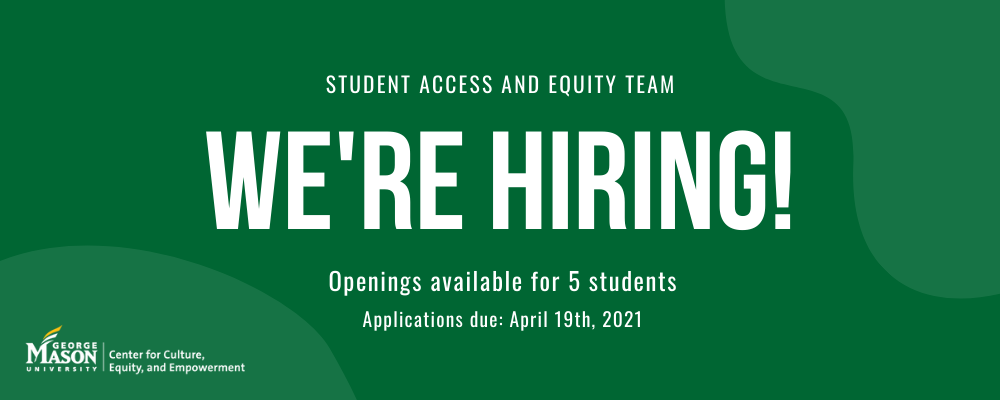
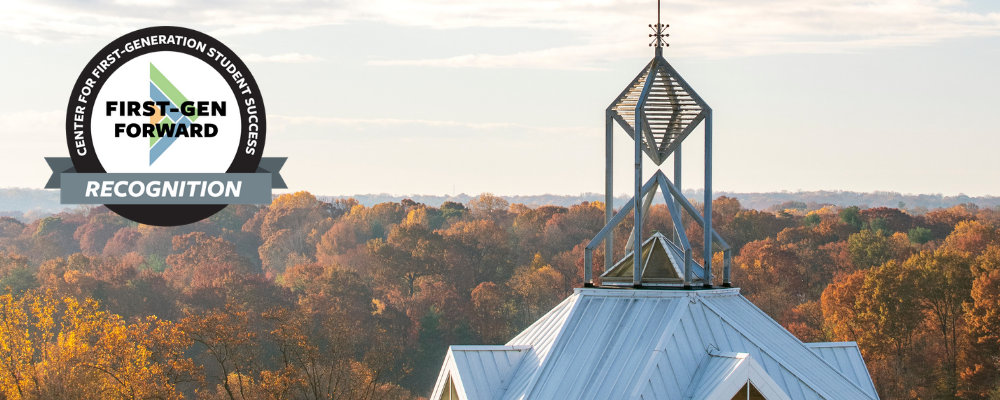
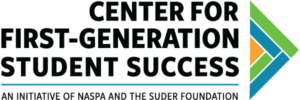
 Mason’s Center for Culture, Equity, and Empowerment (CCEE) CCEE is acknowledging the recent attacks against Asian elders and those in the Asian community. We stand in solidarity with all APIDA members of the Mason family. On January 28, in San Francisco, 84-year-old Vicha Ratanapakdee was knocked to the ground and killed while walking in his neighborhood. There have been over 20 attacks in Oakland’s Chinatown in the past two weeks that the local Chamber of Commerce considered to be targeted against Asians. On January 31, an assailant violently knocked a 91 year old man to the ground and later attacked an older man and woman. On February 3, in New York City, Noel Quintana, 61, was slashed across the face, and on the same day in Oakland, a 71 year-old grandmother was knocked to the ground while crossing the street and robbed. (
Mason’s Center for Culture, Equity, and Empowerment (CCEE) CCEE is acknowledging the recent attacks against Asian elders and those in the Asian community. We stand in solidarity with all APIDA members of the Mason family. On January 28, in San Francisco, 84-year-old Vicha Ratanapakdee was knocked to the ground and killed while walking in his neighborhood. There have been over 20 attacks in Oakland’s Chinatown in the past two weeks that the local Chamber of Commerce considered to be targeted against Asians. On January 31, an assailant violently knocked a 91 year old man to the ground and later attacked an older man and woman. On February 3, in New York City, Noel Quintana, 61, was slashed across the face, and on the same day in Oakland, a 71 year-old grandmother was knocked to the ground while crossing the street and robbed. (